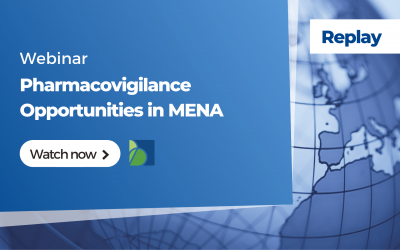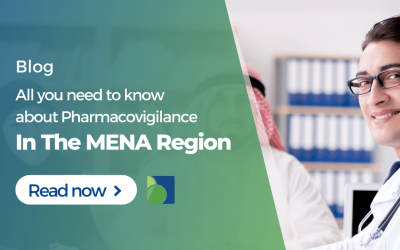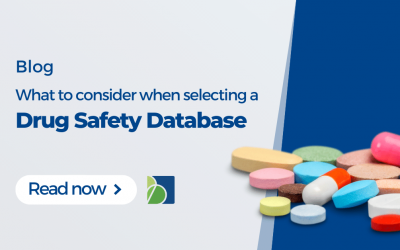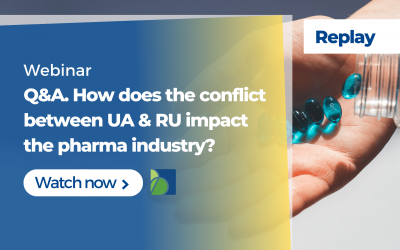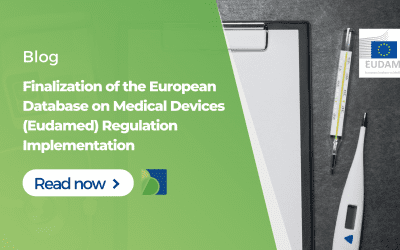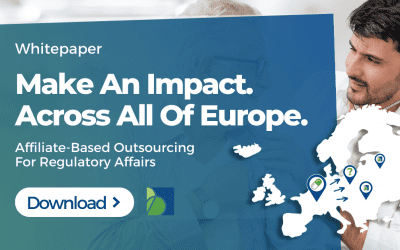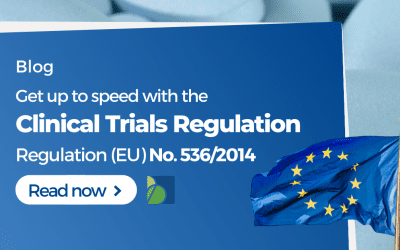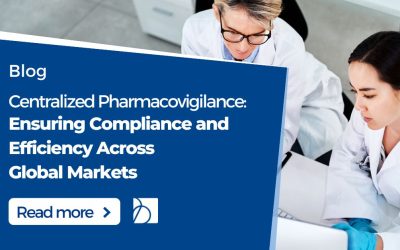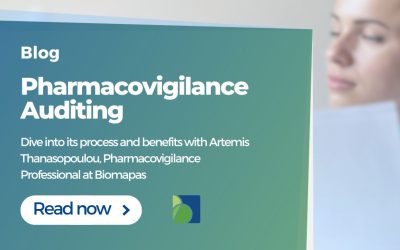Regulatory Intelligence is a reliable and invaluable tool when it comes to pharmacovigilance. It’s so important because it allows companies to remain up-to-date with the most recent drug safety data and identify new information quickly.
What Is Regulatory Intelligence?
Regulatory Intelligence is the gathering and analysis of information on regulatory processes, requirements, and policies. It helps companies to understand the changing landscape of regulations and make informed decisions about their products.
Regulatory Intelligence is a critical tool for pharmacovigilance, as it can help identify new safety concerns and keep track of emerging trends. It can also help assess the impact of regulatory changes on a company’s product portfolio.
There are many Regulatory Intelligence sources, including government agencies, trade associations, news media, and commercial providers. However, to be effective, RI must be tailored to the specific needs of the users. For example, a company developing a new drug will need different information than a company marketing an existing drug.
Most Regulatory Intelligence programs include four essential components: monitoring, analysis, reporting, and communications.
- Monitoring is the process of collecting information from multiple sources.
- Analysis is the process of reviewing and interpreting the information collected.
- Reporting is the process of sharing the findings with stakeholders.
- Finally, communication ensures that stakeholders understand the implications of the findings and take appropriate action.
The Role Of Regulatory Intelligence in Pharmacovigilance
The role of regulatory Intelligence in pharmacovigilance is to identify, collect, and interpret information on medicines that may pose a risk to public health. This information helps regulators make informed decisions on the safety of medicines and how to best protect patients.
Regulatory Intelligence plays an important role in ensuring the safety of medicines by helping regulators:
- Understand the risks associated with medicines;
- Monitor the safety of medicines;
- Make informed decisions on the regulation of medicines;
- Protect patients from potentially harmful medicines.
Regulatory Intelligence is an essential part of pharmacovigilance and helps ensure that medicines are safe for patients.
Why is Regulatory Intelligence Important To Pharmacovigilance
Pharmacovigilance is the scientific discipline concerned with detecting, assessing, understanding, and preventing adverse effects of medicines. It is also crucial to pharmacovigilance because it allows for the optimization of drug therapy and the development of safer medicines.
The goal of RI is to support pharmacovigilance activities by providing early warning of changes in regulatory requirements that could impact the safety of a company’s products. RI also helps companies to identify gaps in their knowledge of global drug safety regulations and to develop strategies for addressing these gaps.
Adverse drug reactions (ADRs) are a significant cause of morbidity and mortality worldwide. They are responsible for approximately 5% of all hospital admissions and 4% of all deaths annually. In addition, ADRs are a leading cause of outpatient visits, accounting for 2.2% of all office visits in the United States.
The importance of pharmacovigilance is underscored by the fact that ADRs are largely preventable. Pharmacovigilance programs can identify previously unrecognized ADRs and potentially hazardous drug-drug interactions. In addition, pharmacovigilance can help optimize drug therapy by identifying drugs that may be ineffective or need to be used with caution in specific patient populations.
An effective Regulatory Intelligence for Pharmacovigilance program can help biopharmaceutical companies to:
- Understand global drug safety regulations;
Identify changes in regulatory requirements that could impact their products;
Develop strategies for addressing gaps in their knowledge of global drug safety regulations;
Make informed decisions about product development, clinical trials, and marketing.
Integrating Pharmacovigilance With Other Functions
The field of pharmacovigilance has evolved significantly over the past few years, and regulatory Intelligence has emerged as an essential tool to help organizations keep up with the latest changes. RI can be defined as “the collection, analysis, and interpretation of data related to the regulation of medicines.”
Pharmacovigilance has traditionally been a siloed function within organizations, but the need for cross-functional collaboration has become increasingly evident. To be successful, pharmacovigilance must integrate with other functions such as clinical research, medical affairs, quality assurance, and regulatory affairs.
There are several benefits to integrating pharmacovigilance with other functions:
- Increased Efficiency: Integration allows for more efficient use of resources and eliminates duplication of effort.
- Improved Communication: Open communication channels between different departments allow for a better exchange of ideas and information.
- Shared Responsibility: When different departments share responsibility for pharmacovigilance activities, it leads to increased ownership and commitment from all involved parties.
- Enhanced Quality: The collected data improves by incorporating input from various disciplines. This, in turn, leads to better decision-making about product safety.
Organizations we work with that implement Regulatory Intelligence within their pharmacovigilance function report increased efficiency and improved decision-making.
Outsourcing Regulatory Intelligence for Pharmacovigilance to a CRO
Outsourcing Regulatory Intelligence for pharmacovigilance to a CRO can be an effective way to manage this vital process. A CRO specializing in regulatory Intelligence can help you stay up-to-date on the latest developments in pharmacovigilance and ensure that your program meets all applicable regulations.
In addition, a CRO can provide valuable insights into how new laws and regulations may impact your business. By outsourcing regulatory Intelligence to a CRO, you can focus on your core business while remaining compliant with all relevant laws and regulations.



